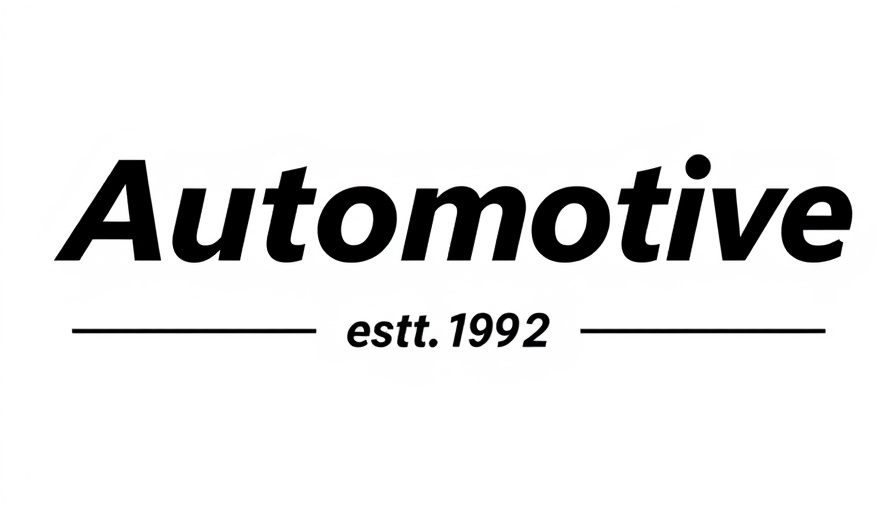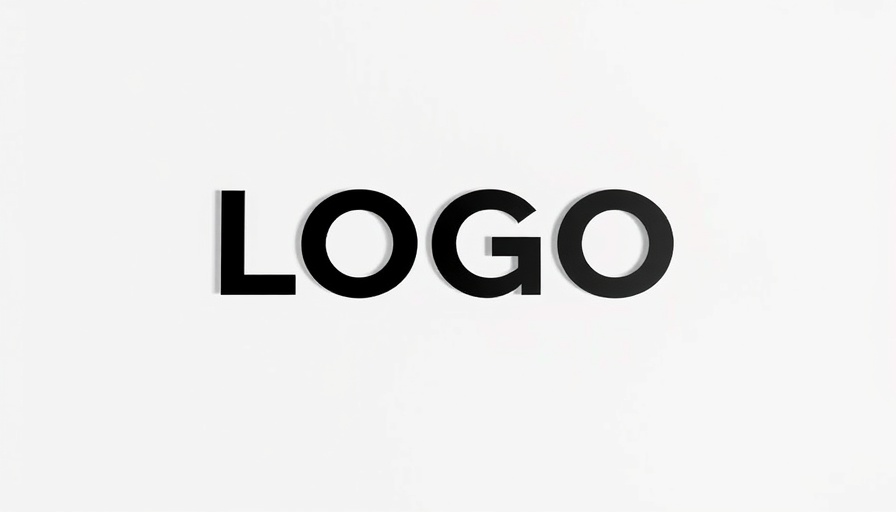
Understanding Wisdom in Leadership
The journey toward wisdom can often feel like a misunderstood path, particularly in dealership management, where growth, efficiency, and customer satisfaction take precedence. Young professionals may overlook the value of wisdom, while seasoned veterans might cling tightly to their perceived sagacity. However, recognizing that true wisdom is rooted in humility and curiosity could transform how leaders guide their teams toward success.
The Power of Intellectual Humility
Intellectual humility, as highlighted by many thought leaders, allows individuals to reassess their beliefs and seek new knowledge actively. This essential trait is vital for automotive leaders who must navigate an industry rife with rapid changes in technology and consumer preferences. By embracing the idea that there is always more to learn, dealership managers can adapt more effectively to market demands. As Plato demonstrated, believing oneself to be wise can be a hindrance; true wisdom begins with acknowledgment of our limitations.
Key Questions to Challenge Assumptions
Utilizing insightful questions can benefit dealership management by prompting reflection and reevaluation of strategies. Here are some questions that can drive this introspection:
- What can I do today that my future self will thank me for?
- What patterns are active in our team's performance?
- How can I serve my team, not just succeed personally?
These questions encourage leaders to step back from daily operations and consider the long-term implications of their decisions.
The Disconnect Between Generations
There often exists a divide between younger and older generations in leadership roles. Young professionals may feel disconnected from the historical perspectives older leaders possess, while seasoned managers might be resistant to fresh ideas. Cultivating intellectual humility connects these cohorts, providing a learning bridge where insights from both sides inform decision-making.
Learning from Mistakes and Misjudgments
The road to wisdom is inherently fraught with missteps. Embracing errors as learning opportunities promotes growth for both individuals and organizations. As Daryl Van Tongeren states, admitting when you are wrong is crucial for intellectual humility. This practice can build trust within teams and lead to stronger relational dynamics. For example, an auto dealership might encounter setbacks when launching new products, but reflecting on these experiences allows leaders to adapt and improve future strategies.
Building a Culture of Open Communication
Establishing an environment where employees feel comfortable sharing their thoughts without fear of backlash encourages intellectual humility throughout the organization. This cultural shift not only improves team dynamics but can also lead to innovative solutions that enhance operational efficiency.
Final Thoughts: Pathway to Growth
As dealership management evolves, so too should our approach to wisdom and leadership. By being open to lessons derived from both success and failure, leaders can create a culture of improvement, maximizing growth and customer satisfaction in the automotive sales arena. Thus, the ultimate goal isn’t merely to possess wisdom but to foster an environment where it flourishes.
Reflect on the questions posed in this article and consider integrating these insights into your management strategy. Remember, the drive for wisdom starts with humility and an openness to learn.
 Add Row
Add Row  Add
Add 

 Add Row
Add Row  Add Element
Add Element 




Write A Comment